RDS Academic & Researcher Induction – Weds 27th March
This event provides an overview of all the practical information staff need to begin developing their research plans at BU, using both internal and external networks; to develop and disseminate research outcomes; and maximising the available funding opportunities.
Objectives
- The primary aim of this event is to raise participants’ awareness of how to get started in research at BU or, for more established staff, how to take their research to the next level
- To provide participants with essential, practical information and orientation in key stages and processes of research and knowledge exchange at BU
Indicative content
The induction day will be interactive and give you the opportunity to meet your faculty-facing RDS support, as well as those responsible for strategy, outputs, ethics, impact, public engagement and knowledge exchange. The videos will provide:
- An overview of research at BU and how RDS can help/support academic staff
- The importance of horizon-scanning, signposting relevant internal and external funding opportunities and clarifying the applications process
- How to manage an awarded project and the BU processes
- How to develop internal and external research networks
- Key points on research ethics and developing research outputs
Book your place here under ‘RDS Academic & Researcher Induction 27/03/2024’ in the drop-down menu.



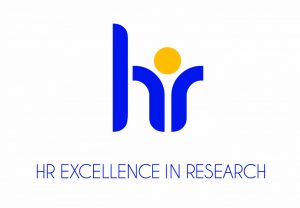 The BU
The BU 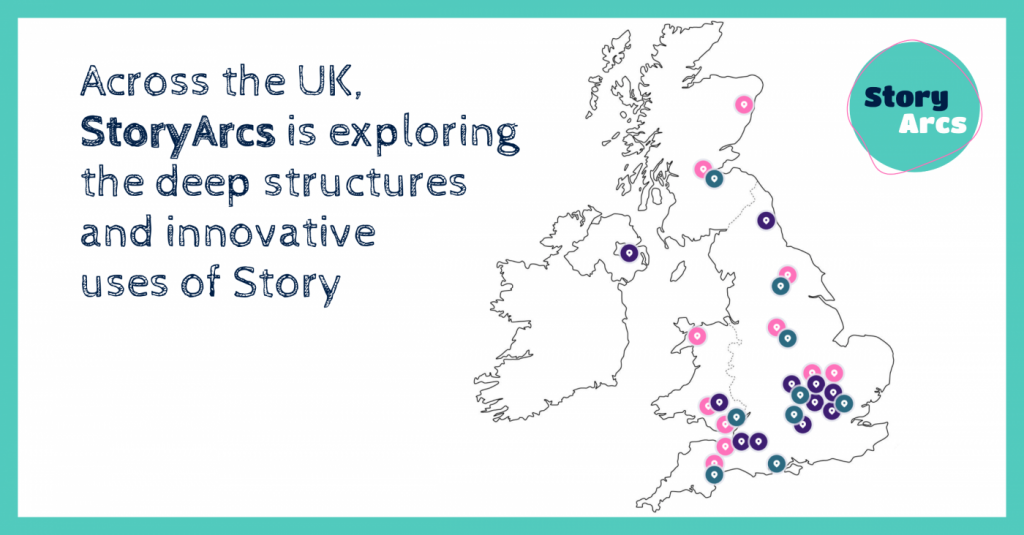



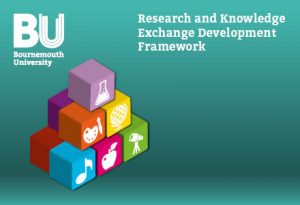 Research Leadership: Leading the Development of a Project for Funding
Research Leadership: Leading the Development of a Project for Funding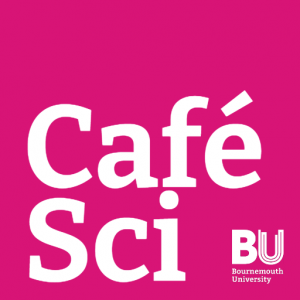
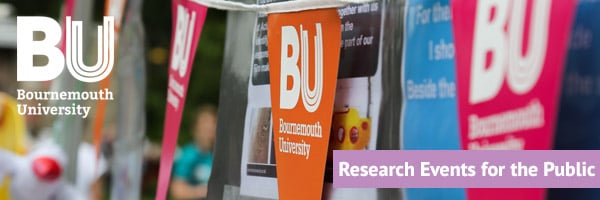

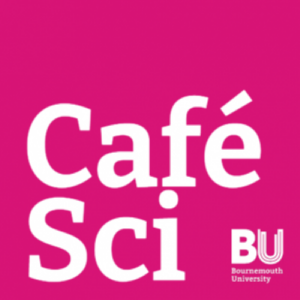 We are looking for 3-4 post-graduate researchers to take part in a special edition of our Café Scientifique public event series to
We are looking for 3-4 post-graduate researchers to take part in a special edition of our Café Scientifique public event series to
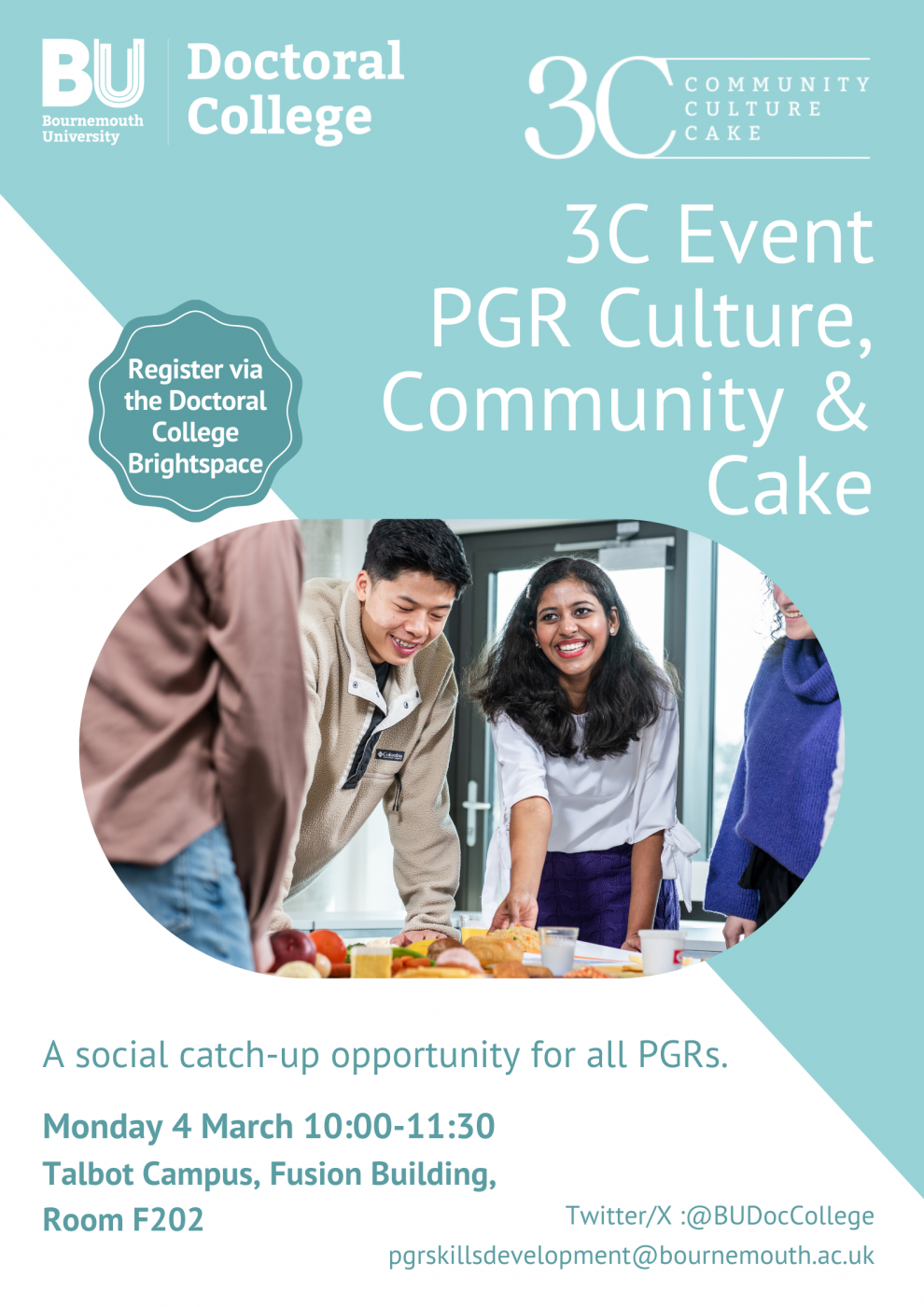

 The BU
The BU 










 Missing Persons Indicator Project Recruitment
Missing Persons Indicator Project Recruitment Celebrating our Research: Postgraduate Research Showcase 2026
Celebrating our Research: Postgraduate Research Showcase 2026 Nursing Research REF Impact in Nepal
Nursing Research REF Impact in Nepal Fourth INRC Symposium: From Clinical Applications to Neuro-Inspired Computation
Fourth INRC Symposium: From Clinical Applications to Neuro-Inspired Computation ESRC Festival of Social Science 2025 – Reflecting back and looking ahead to 2026
ESRC Festival of Social Science 2025 – Reflecting back and looking ahead to 2026 3C Event: Research Culture, Community & Cookies – Tuesday 13 January 10-11am
3C Event: Research Culture, Community & Cookies – Tuesday 13 January 10-11am ECR Funding Open Call: Research Culture & Community Grant – Application Deadline Friday 12 December
ECR Funding Open Call: Research Culture & Community Grant – Application Deadline Friday 12 December MSCA Postdoctoral Fellowships 2025 Call
MSCA Postdoctoral Fellowships 2025 Call ERC Advanced Grant 2025 Webinar
ERC Advanced Grant 2025 Webinar Horizon Europe Work Programme 2025 Published
Horizon Europe Work Programme 2025 Published Update on UKRO services
Update on UKRO services European research project exploring use of ‘virtual twins’ to better manage metabolic associated fatty liver disease
European research project exploring use of ‘virtual twins’ to better manage metabolic associated fatty liver disease